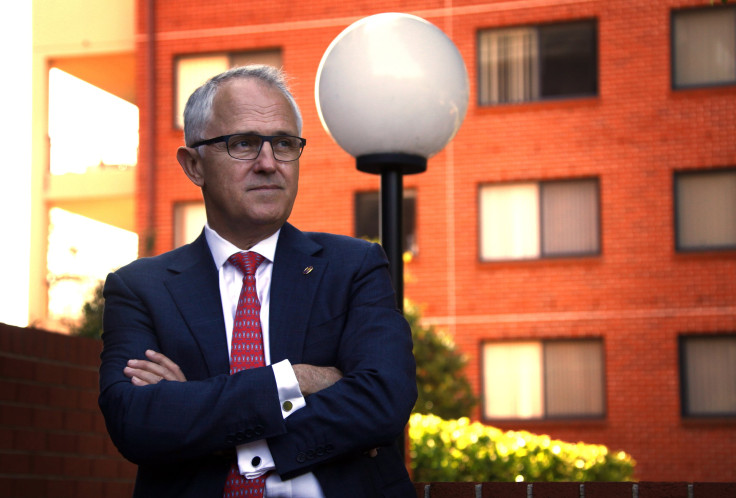Australia's PM Turnbull calls China threat to Asia Pacific as country drives Japan to war legislation

Australia continues to be bearish on China's position in the Asia Pacific. Prime Minister Malcolm Turnbull, who took office just recently, has issued a statement on the country's view about the situation, saying that the nation is a threat to the Asia Pacific region - trailing only behind the Islamic State terror group and terrorism.
The former communication minister questioned the nation's increasing assertiveness over the disputed region. Turnbull also went as far as to accuse Beijing of "pushing the envelope in the South China Sea." Turnbull took to the floor to comment in more detail about the issue after Tony Abbott's ousting and his turn to take office.
The new prime minister suggested that China's expansion in the South China sea is "counterproductive" in a sense. He considered Beijing's actions as an unfortunate shift from its supposed initiative to address border disputes through negotiations that started in early 2002.
"The pushing of the envelope in the South China Sea has had the consequence of exactly the reverse consequence of what China would seek to achieve," Turnbull told the ABC in an interview on Monday. "You would think what China would seek to achieve is to create a sufficient feeling of trust and confidence among its neighbours that they no longer felt the need to have the US fleet and a strong U.S. presence in the western Pacific."
It seems that Japan has also been pushing for war legislation in light of China's recent moves in the region. According to the Asia-Pacific Journal, the "China Threat Theory" has driven the Japanese to develop the legislation. A defence white paper published last July 21, 2015 indicated, “China has been building new offshore platforms and other facilities on the Chinese side of the Japan-China median line in the East China Sea since June 2013. Japan has repeatedly lodged protests against China’s unilateral development and demanded the termination of such works.”
Contact the writer at feedback@ibtimes.com.au, or let us know what you think below.






